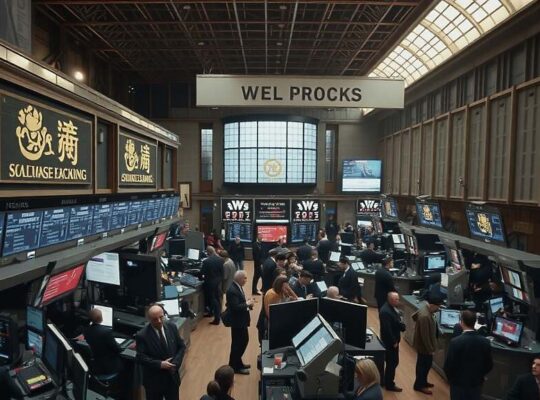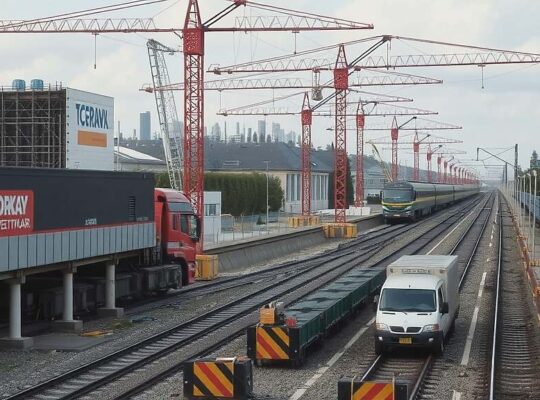Federal financial support and tax incentives for specific industries and businesses are projected to rise significantly, according to a newly released report by the Federal Ministry of Finance. The 30th Subsidies Report, detailed in Wednesday’s edition of the “Rheinische Post” indicates a planned increase from roughly €45 billion in 2023 to approximately €77.8 billion by 2026.
The report anticipates a volume of €77.6 billion in 2025. The Federal Cabinet is expected to formally approve the report this Wednesday. The Ministry attributes this substantial increase primarily to the federal government assuming the costs of the levy for the promotion of renewable energies – the so-called EEG levy – starting in 2024. This change reportedly relieved electricity consumers by €18.5 billion in 2024 alone.
Direct financial aid from the federal government to companies and sectors is expected to remain relatively constant at around €59 billion across the years 2024, 2025 and 2026. Tax incentives are projected to see a slight increase in 2025, rising by just over €1 billion to €19.4 billion, before decreasing to €18.4 billion in 2026.
The Ministry underscores that the report compares actual figures from 2023 and 2024 with the planned target figures for 2025 and 2026. Past reports have consistently shown that the actual disbursement of financial aid (actual figures) is considerably lower than the budgetary allocations (target figures). The Ministry expects this trend to continue in 2025 and 2026.
Key areas of support outlined in the report include initiatives designed to stimulate ecological and digital transformation, as well as address social considerations. These encompass measures to decarbonize transportation and the building sector, promote the development of hydrogen technology, bolster the microelectronics industry and support social housing construction. Approximately 90 percent of the total financial aid volume is directed towards environmental and climate protection goals.
The report notes that the German economy faced a recession in the preceding two years due to a series of shocks and structural challenges. Significant investment needs exist to maintain and modernize public infrastructure, alongside the necessities of decarbonization and economic and supply security.
However, the report also acknowledges the need for fiscal consolidation, placing subsidies in a “tension field between investment needs and consolidation requirements”. The Ministry emphasizes the need to review subsidies, requesting all ministries to contribute to necessary savings.












